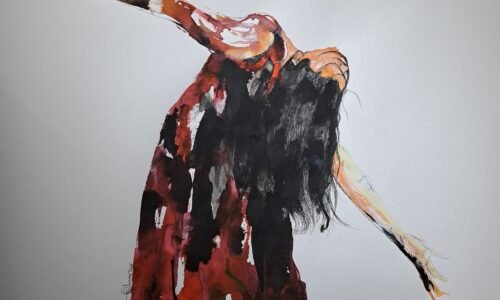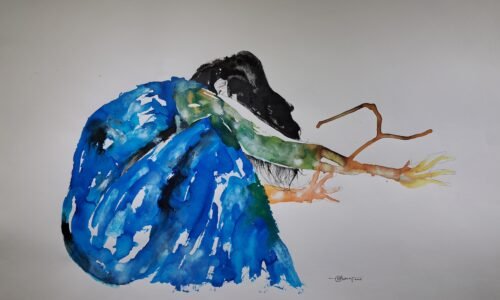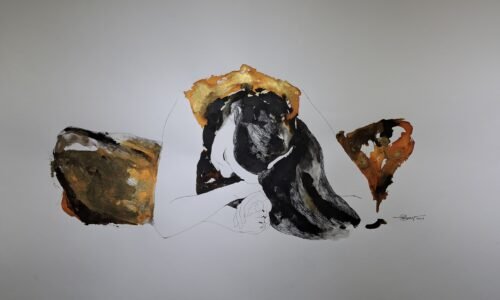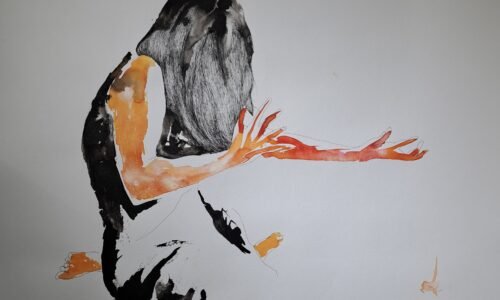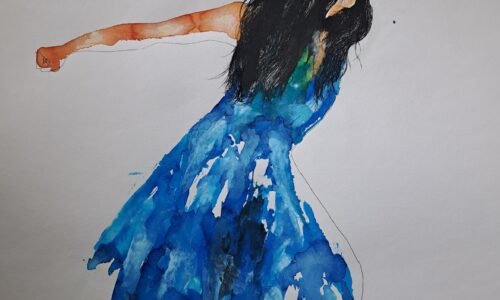Those that form on the surface
Start
20 January 2024End
17 February 2024Artist
Pancho Alvarez
I think a piece of you was made in a forgotten place,
Where your true story dwells, untouched by time’s embrace.
Where you once danced on water, light as the air,
And embraced with fire, in a world laid bare.
You were both servant and leader, in a dance divine,
Human and ethereal, in a world where spirits align.
And you were not defined by those who sought to erase,
But by the enduring legacy of your grace and solace.
As you explore “Those that Form on the Surface” by Pancho Alvarez, you are invited on a journey of rediscovery and reflection. Opening on January 20, 2024, this solo exhibition is a pivotal part of the artist’s ongoing advocacy to decolonize Filipino identity and heritage.
Encounter the world of babaylans, the shamans of Filipino culture. These individuals undergo a remarkable transformation, evolving from ordinary people to mediums capable of summoning an abyan (spirit). This transition isn’t just a personal metamorphosis; it’s a thread woven deeply into the fabric of the community, as babaylans serve as healers and spiritual guides. However, under Spanish colonial rule, these crucial figures were demonized, a tactic used to supplant indigenous culture with foreign beliefs.
This collection, therefore, isn’t merely an artistic display; it’s a humble yet powerful invitation for you to revisit and reconnect with the Filipino precolonial heritage. It challenges you to look beyond nearly 400 years of colonial narratives that have shaped contemporary Filipino identity. Through his art, Alvarez offers a personal interpretation, rather than an academic analysis, aiming to fuel the ongoing conversation about who Filipinos are as a people. It speaks to the depth and richness of an identity that has withstood the test of time and adversity.
Experience beyond the surface of each piece of part, and engage with a 40,000-year culture, long overshadowed yet brimming with stories and wisdom. Alvarez’s work urges you to embark on a collective journey towards understanding and embracing the true essence of what it means to be Filipino, unearthing the layers of a heritage that extend far beyond the history handed down by colonizers.
— Ysa Sax





